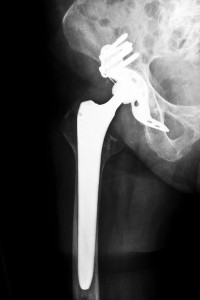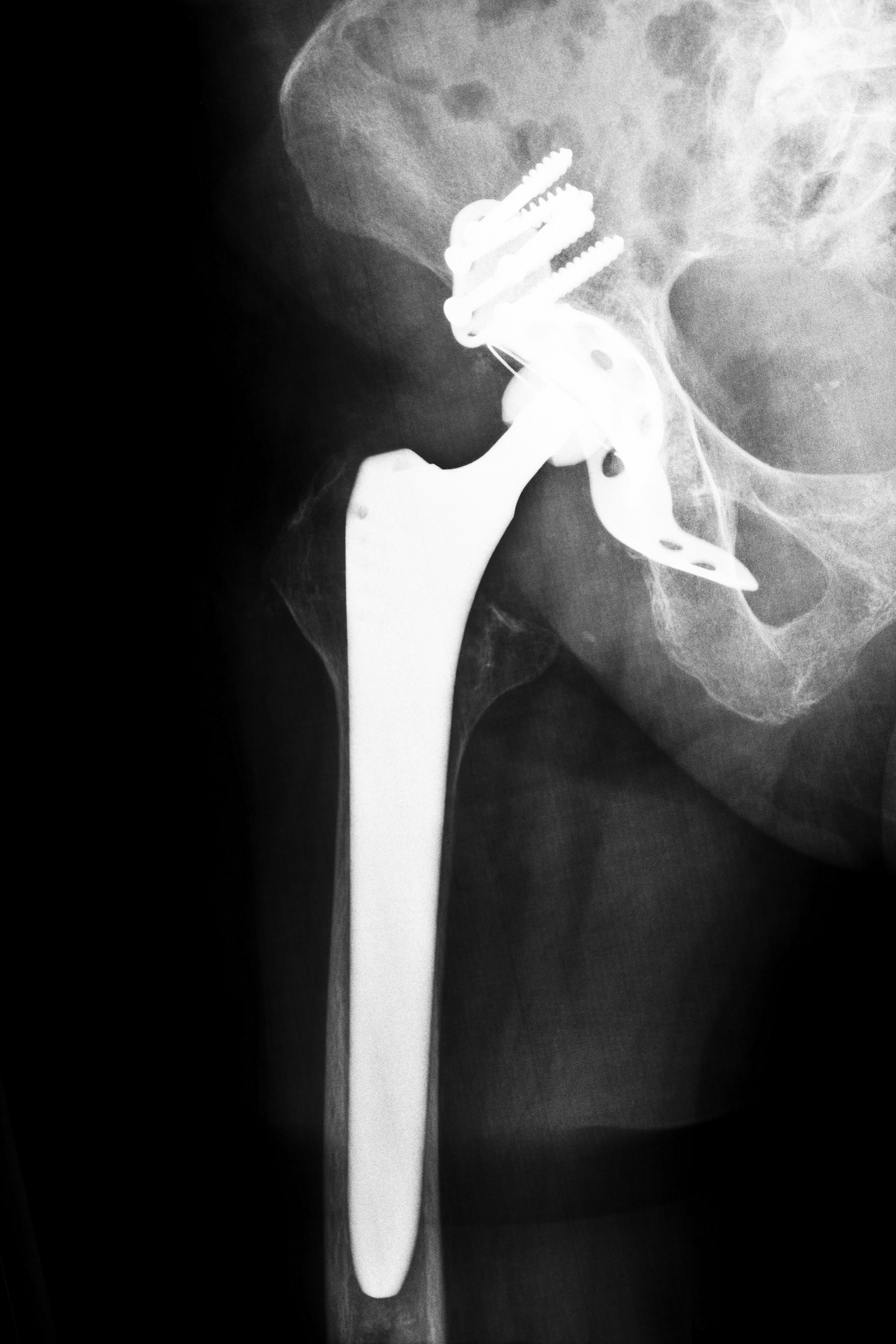 Johnson & Johnson Hip Implants
Johnson & Johnson Hip Implants
Johnson & Johnson hip implants are not the only ones to be scrutinized due to patient complaints of an inferior product. Many orthopaedic companies are actually subsidiaries of larger medical-related companies. DePuy Orthopaedics is a subsidiary of Johnson & Johnson as Orthopaedic Synergy Inc. is a subsidiary of Omnilife Science Inc. There are many such relationships in the medical supply industry, which have created a complicated net of legal actions for patients looking to seek damages related to a defective device.
Major Milestones
There have been several important developments in regard to Johnson & Johnson hip implants.
- The discovery of the problem came with a recall issued once the National Joint Registry of England and Wales released a report in 2010. The report cited a 13% 5-year failure rate of the ASR Acetabular System while the industry standard for Revision surgery is expected to be no more than 3%. Successive legal action claimed DePuy knew of the problem as early as 2007.
- Multidistrict litigation (MDL) status was granted to lawsuits involving the DePuy Pinnacle hip replacement in 2011. These Johnson & Johnson hip implants were alleged to suffer from similar problems as the ASR system. Metal on metal erodes the materials and releases atom-sized fragments of metal into the bloodstream and soft tissue, creating a plethora of health problems. Pinnacle is still on the market.
- There are still lawsuits pending in relation to the ASR Johnson & Johnson hip implants. The company recently reached a settlement of $2.5 billion to be paid out to thousands of patients who suffered as a result of defective DePuy hip implants. Bellwether trials will start for the cases not covered or who did not opt in to a settlement.
Grounds For Legal Action
At the center of these legal actions is the assertion that DePuy acted improperly in their evaluation and release of these products. Joint replacements were coated in ceramic or other materials before the introduction of metal on metal implants. Many of the metal on metal implants were shifted directly into the public domain with little FDA oversight under their 510 (k) clause. The 510 (k) clause allows a company to release a product without testing if they can prove it is of similar function to already existing products. Unfortunately, it was unable to account for the possibility of metal on metal wear.
Seeking Legal Assistance
The cases involving Johnson & Johnson hip implants are steadily moving forward. That means that the window for filing could be closing. That’s why it’s important to seek a legal consultation if you or a loved one has been injured.
Contact Attorney Group today for a no obligation, free consultation if you have been affected by allegedly defective Johnson & Johnson hip implants. Should you decide to pursue a claim, we can connect you with an affiliated, experienced attorney who is experienced in lawsuits involving Johnson & Johnson hip implants. Contact us today.






